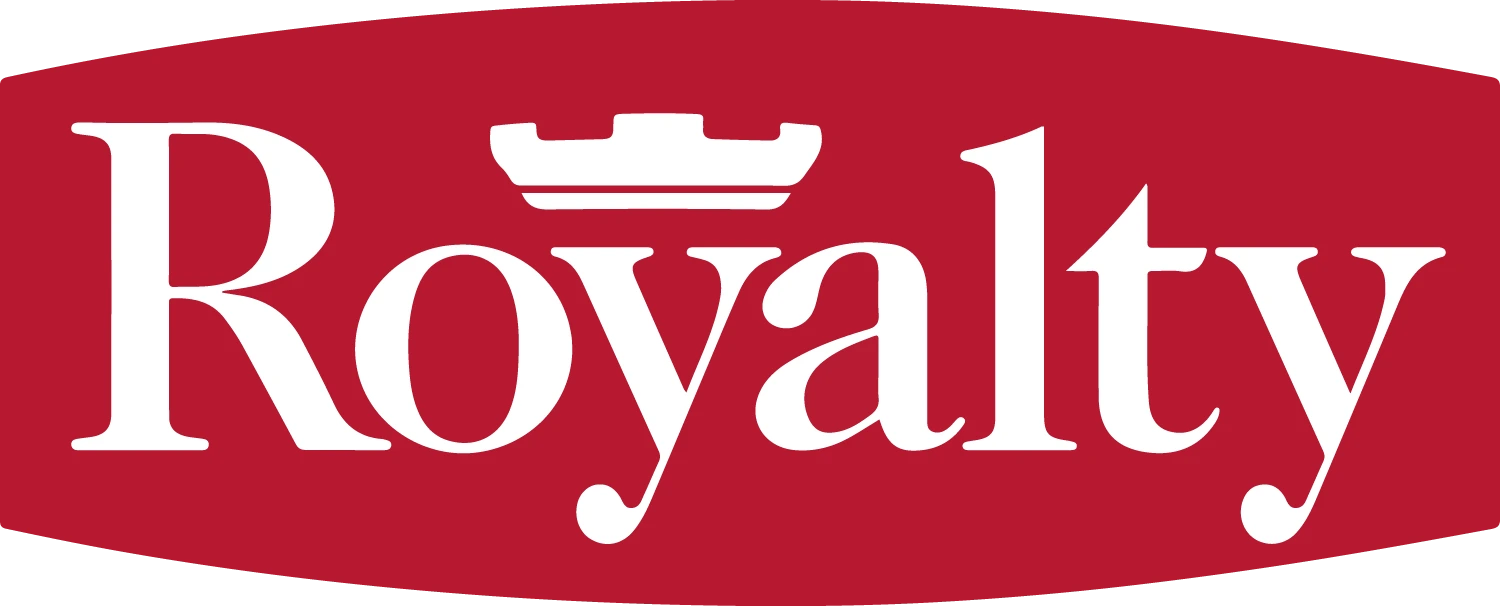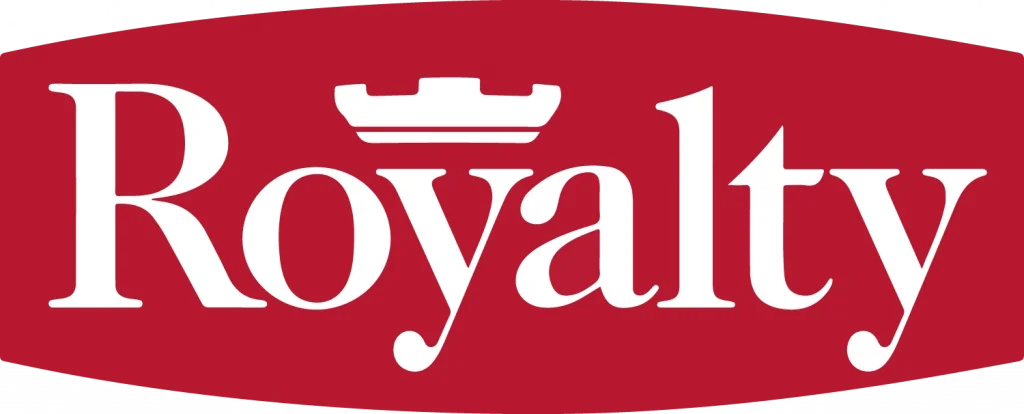Beware of Hail Damage Roofing Scams: Protecting Your Home and Wallet
Hailstorms can be a destructive force of nature, causing extensive damage to properties, particularly roofs. In the aftermath of these storms, homeowners are often left with the daunting task of repairing or replacing their damaged roofs. Unfortunately, some companies take advantage of this situation and engage in hail damage roofing scams. These scams can leave homeowners financially drained and with inadequate roofing work. These are the signs to look out for when concerned about hail damage roofing scams.

- Storm Chasers
One of the most prevalent types of roof scammers are called ‘storm chasers.’ These are individuals or companies that travel to areas affected by hailstorms and offer their services door-to-door. They may use high-pressure sales tactics, claiming to have noticed severe damage to your roof and urging you to sign a contract immediately. In reality, they may provide substandard work or disappear entirely once they receive payment.
To protect yourself, be cautious of unsolicited offers and take time to research any contractor or company before committing. Verify their credentials, including licenses, insurance, and references. It is best to work with established local roofing contractors who have a good reputation within your community.
- Inflated Damage Claims
Another scam involves contractors exaggerating the extent of hail damage to your roof. They may misrepresent minor dents or cosmetic issues as significant damage that requires immediate and costly repairs. To avoid falling victim to this scam, consider getting multiple opinions from reputable roofing professionals. Consult your insurance company and have an adjuster assess the damage independently. This way, you can ensure that the necessary repairs are legitimate and covered by your insurance policy.
- Upfront Payment Fraud
Some dishonest contractors may request full or substantial payment upfront before starting the roofing work. They might claim it is necessary to cover material costs or secure their services. Once they receive the payment, they either vanish or perform subpar work. Legitimate contractors usually require a deposit or payment schedule tied to project milestones. Be wary of any contractor who demands full payment upfront and ensure you have a written contract outlining the payment terms and project scope.
- Low-Quality Materials
Scammers may attempt to cut corners by using low-quality materials while charging you for premium. They might promise to use top-of-the-line roofing materials but substitute them with cheaper alternatives. To safeguard against this, educate yourself about the recommended materials for your specific roofing needs and verify that the contractor uses reputable brands. You should also request documentation or proof of purchase for the materials used in your roof repairs.
Dealing with roof damage can be stressful, and worrying about scams is the last thing any homeowner wants. Knowing these signs of potential scams will save any homeowner from a roofing nightmare. Ultimately, all these signs point to the importance of choosing an honest and reliable roofing contractor.
Free Estimate
